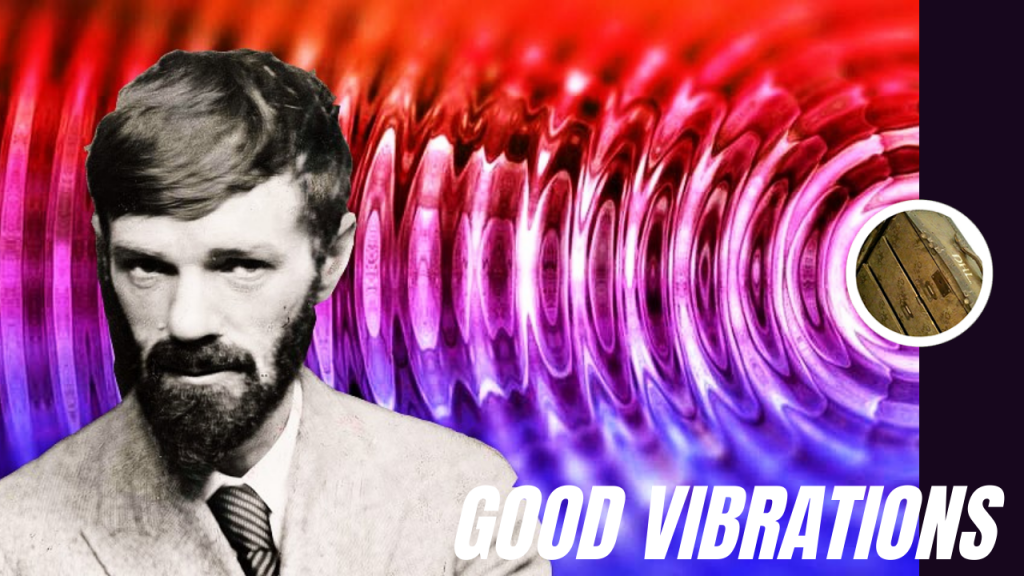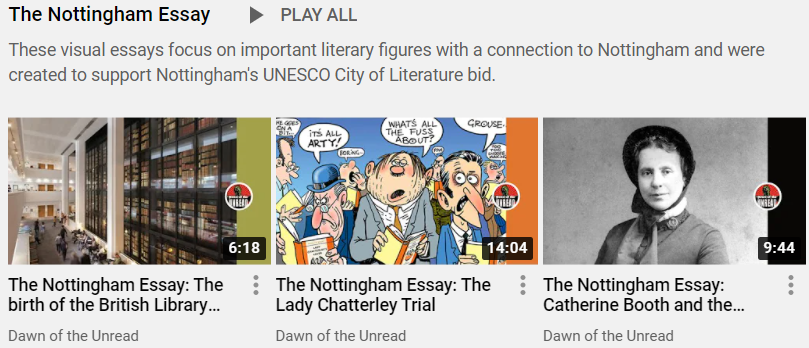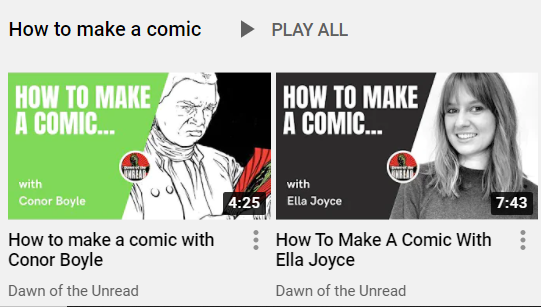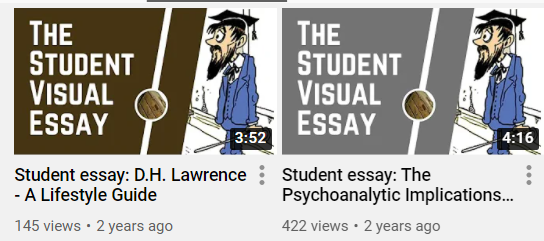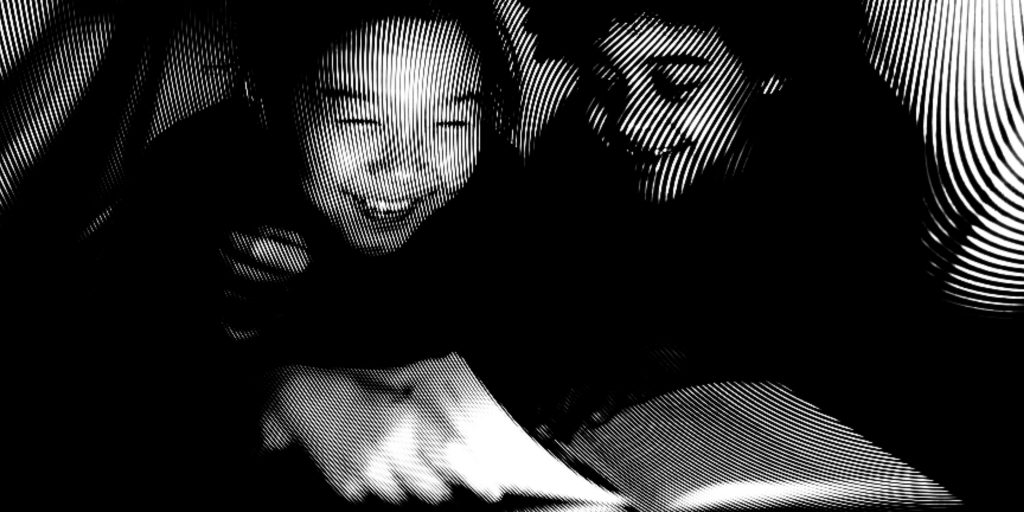
Image from Pexels with filter added.
It’s 6.50am on Saturday morning in the mid-1980s. Me and the siblings are eagerly eyeing the letterbox, waiting for the postman to deliver The Beano and Eagle. When the letterbox snaps, all hell will break loose as only two of us will be victorious. The winners will scarper off and lock themselves away somewhere, devouring the comic in one sitting. This process will be repeated a couple of times before the battered comic is begrudgingly lobbed out onto the landing. When we’ve all read up, we’ll sit down and draw our favourite characters and then discuss how we’d defeat the Mekon or Doomlord if they visited Nottingham.
Saturday night is also when the videoman (back then it was always a man) will turn up in his rusty transit, peel back his creaking doors, and reveal 60 odd videos. So much choice! Problem is, we’re only allowed one film. Patience isn’t a virtue, it’s a necessity when there’s four of you. When it’s my turn I go for The Goonies. I’m allowed two friends to sleep over and we huddle under our bed covers in the front room and watch it repeatedly all night long until we know every line off by heart. Then the grim reality of waiting another month before I can choose another film, kicks in.
What these examples illustrate is the aura of material culture. 35 years later and I still find myself salivating when I hear our letterbox go – but now it’s just bills and credit card applications. Video has transformed into on-demand streaming that can be accessed 24/7 and comics can easily be purchased from bespoke shops such as Page 45 or found online for free – such as my own creations Dawn of the Unread and Whatever People Say I Am. And although I love the freedom and ease with which we can now access culture, I do miss the magic of deferred gratification.
In Ghostworld, which is 20 this year, one of the characters asks, ‘So, what’s my future?’ If asked this in March 2020, I doubt anybody would have said ‘wearing a mask, only allowed to leave the house for one hour of exercise a day, and a Tory government will implement a benefit scheme that will pay people not to go to work’. But this is exactly what happened when a disease that banished touch came along.
Our experiences of Covid vary, but I think one thing we all have in common is a greater appreciation for the everyday things we once took for granted. Eating out, seeing friends, listening to an elderly relative rattle on – have all become magical luxuries to be cherished. The banal has become spectacle.
Cinema is vital to this process of healing. To be sat in a dark cavernous auditorium laughing at a film together is not only about rebuilding a sense of community and connection but relishing shared experience.
During August, Broadway Cinema is looking at a hopeful future through comics, graphic novels and manga screen adaptations. Ghostworld, which celebrates its twentieth anniversary this year, is the centrepiece of the programming. As part of this, I was asked by Melissa Gueneau, the Cinema Programme Coordinator at Broadway, to write something for a zine they are creating to celebrate the season (this blog is an extension of that article). There was also the opportunity to get involved in a post-film discussion of Ghostworld but I declined this invitation. This is partly because I’ve lost my enthusiasm for public speaking (probably because I work in education so get sick of hearing my own voice) but also because I would much prefer to sit and listen to others talk about the film.
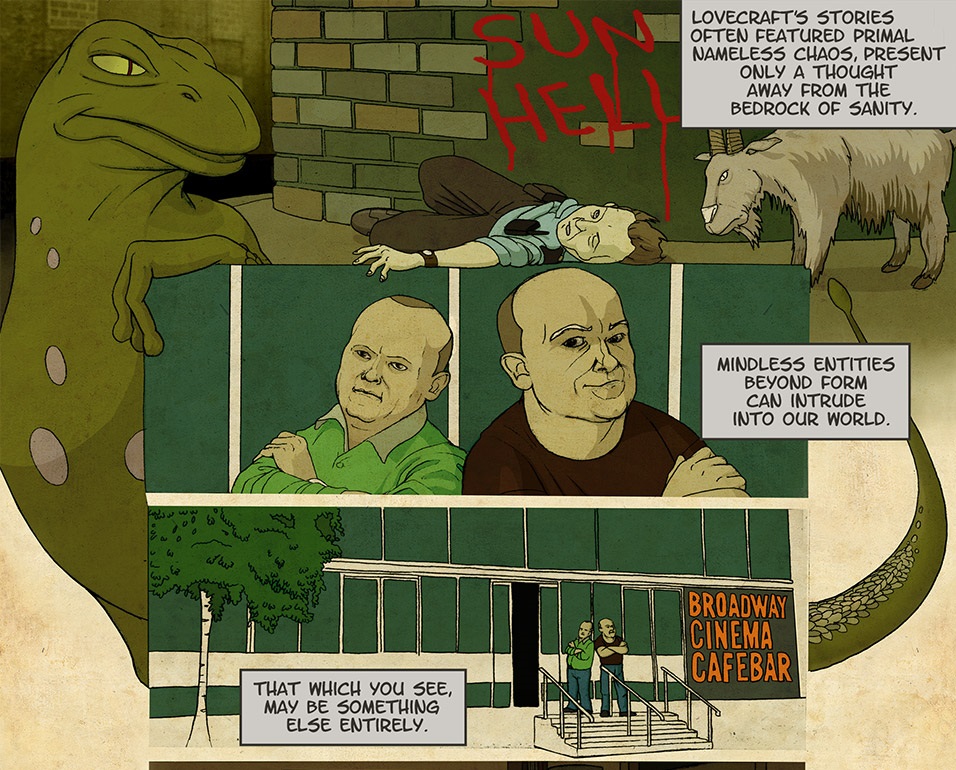
Broadway featured in ‘Little Boxes’ issue 4 of Dawn of the Unread.
I’ve been creating comics since 2014 and it’s a slow and costly process that involves lots of people (writer, artist, script editor, colourist, letterer, digitization). But it’s nothing in comparison to the amount of people involved in creating and producing a film, many of whom have been laid off during lockdown. Consequently, sitting and watching a film in a cinema has taken on new meaning. It’s not just about connecting with people again, it’s about supporting an industry that’s been battered by Covid. If there’s one thing the pandemic has taught us, it’s that none of know our future. So best enjoy what you can, while you can.
Broadway Cinema, 14-18 Broad St, Nottingham NG1 3AL. The ‘So What’s my Future?’ season runs from 8 -29 August. You can view the films here
Related reading
- Cinemas shut, movies postponed: how Covid-19 upturned film in 2020 (Guardian)
- Picture this: 3 possible endings for cinema as COVID pushes it to the brink (The Conversation)
- Ghost World at 20: the comic-book movie that refused to conform (Guardian)
- The Work of Art in the Age of Mechanical Reproduction (Walter Benjamin at MIT)
- Broadway Cinema: So What’s My Future? (filmfeels.co.uk)

